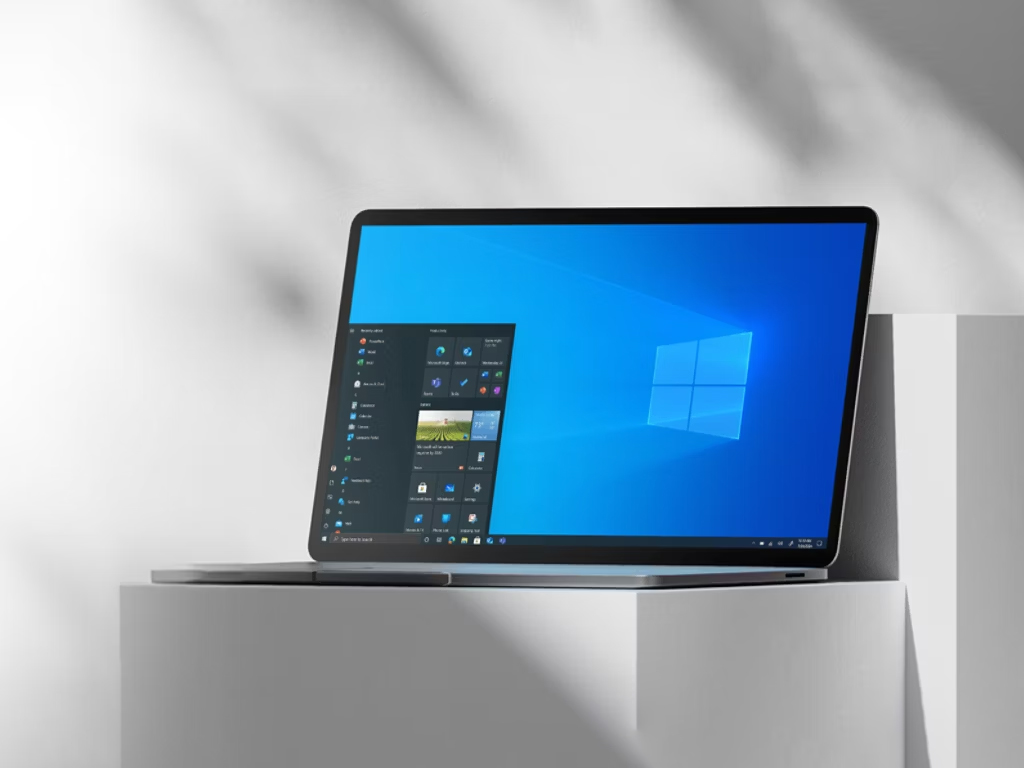Top Stories
Microsoft Implements Stricter Local Account Policies for Windows 11

Microsoft is reinforcing its local account restrictions during the setup process of Windows 11, a decision aimed at promoting the use of Microsoft accounts. This change, which is set to take effect in March 2024, limits users’ ability to create local accounts without an internet connection, a move that has sparked debate among privacy advocates and users alike.
The new policy will require users to sign in with a Microsoft account to complete the installation of Windows 11. Those opting to set up a local account will face additional hurdles, requiring internet access to bypass this requirement. This shift appears to align with Microsoft’s long-term strategy to integrate more cloud-based services and enhance user engagement across its platforms.
Implications for Users and Businesses
The adjustment could have significant implications for both individual users and businesses. For users, especially those in regions with unreliable internet services, this may pose challenges during installation. Many users prefer local accounts for privacy reasons, allowing them to manage their data independently without automatic synchronization to the cloud.
Businesses that deploy Windows 11 across their networks might also face operational hurdles. Employees accustomed to local accounts may need retraining or adjustments to their workflow to accommodate the new requirements. Microsoft’s push for cloud integration could also raise concerns regarding data security and user autonomy.
In multiple regions, including the United States and the European Union, reactions to this policy have varied. Some users express frustration with the perceived loss of control over their devices, while others recognize the potential benefits of enhanced features available through Microsoft accounts.
Microsoft’s Strategic Shift
This move is part of a broader trend within Microsoft to streamline user experiences and encourage the adoption of subscription-based services. By pushing users towards Microsoft accounts, the company aims to foster a more integrated ecosystem, where services like OneDrive, Office 365, and Xbox Live can be accessed seamlessly.
The company has been transparent about its intentions, stating that the change is designed to enhance security and improve user experience. In a statement, Microsoft’s Vice President of Product Management noted, “By encouraging the use of Microsoft accounts, we’re not only boosting security but also providing users with a more cohesive experience across our platforms.”
Despite the company’s rationale, the decision to tighten local account restrictions raises important questions about user choice and data privacy. As businesses and individuals navigate these changes, the dialogue surrounding digital rights and privacy will likely continue to evolve.
With the rollout slated for March 2024, stakeholders across various sectors will need to prepare for the implications of this policy shift and adapt accordingly. The decision reflects Microsoft’s commitment to cloud services while also highlighting the ongoing tension between user privacy and corporate strategies in the digital age.
-

 Lifestyle3 months ago
Lifestyle3 months agoLibraries Challenge Rising E-Book Costs Amid Growing Demand
-

 Sports3 months ago
Sports3 months agoTyreek Hill Responds to Tua Tagovailoa’s Comments on Team Dynamics
-

 Sports3 months ago
Sports3 months agoLiverpool Secures Agreement to Sign Young Striker Will Wright
-

 Lifestyle3 months ago
Lifestyle3 months agoSave Your Split Tomatoes: Expert Tips for Gardeners
-

 Lifestyle3 months ago
Lifestyle3 months agoPrincess Beatrice’s Daughter Athena Joins Siblings at London Parade
-

 World3 months ago
World3 months agoWinter Storms Lash New South Wales with Snow, Flood Risks
-

 Science3 months ago
Science3 months agoTrump Administration Moves to Repeal Key Climate Regulation
-

 Business3 months ago
Business3 months agoSoFi Technologies Shares Slip 2% Following Insider Stock Sale
-

 Science3 months ago
Science3 months agoNew Tool Reveals Link Between Horse Coat Condition and Parasites
-

 Science2 months ago
Science2 months agoSan Francisco Hosts Unique Contest to Identify “Performative Males”
-

 Sports3 months ago
Sports3 months agoElon Musk Sculpture Travels From Utah to Yosemite National Park
-

 Science3 months ago
Science3 months agoNew Study Confirms Humans Transported Stonehenge Bluestones








